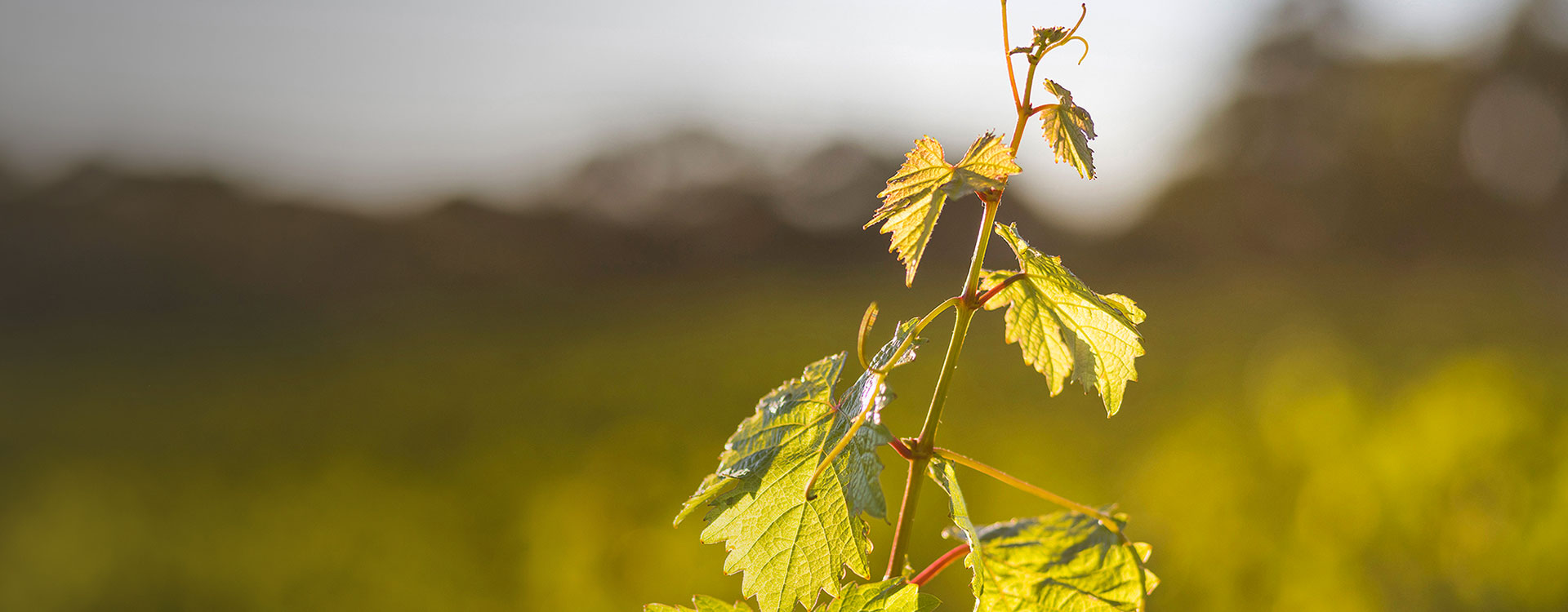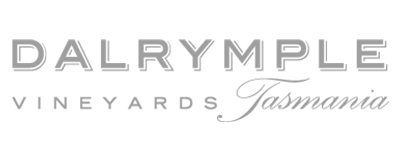
Insectariums - Building a Biodiverse Environment
Welcome to Pewsey Vale Vineyard, where the first Riesling was planted in Eden Valley in 1847.
While there is much that remains consistent at Pewsey Vale Vineyard, the ongoing evolution that results from our curiosity and desire to do the right thing - for the place, the environment and the wine - means that we have a rich story to tell. Biodiversity is very important at Pewsey Vale and we rely on the native vegetation that is home to and encourages animals, birds, reptiles, insects, spiders and microorganisms including yeast and bacteria to the area.
But we also have something very special at Pewsey Vale Vineyard – areas within the vineyard dedicated to insectariums.
Here, specific native plants attract beneficial insects that target unwanted pests.
Apple moths have become somewhat of a problem for the vines, with damage causing further issues. To negate the need for insecticides, the viticulture team turned to the natural (and beneficial!) predator of the moth: wasps, earwigs and spiders. By planting a strategic selection of native flowering shrubs, and with a bit of trial and error, the natural predators have returned and are keeping the moths in check.
The plant selection includes Christmas bush, sticky hop bush and banksias that flower at the same time as the vines to bring the native insects, birds and bees into the vineyard. Multiple plantings throughout the vineyard encourage the insects to move across the vines and control the moths.
With strong biodiversity, there is better natural balance in the vineyard, requiring less intervention in growing the grapes and making the wine. All of this means the vineyard delivers an even better expression of the site and terroir!






